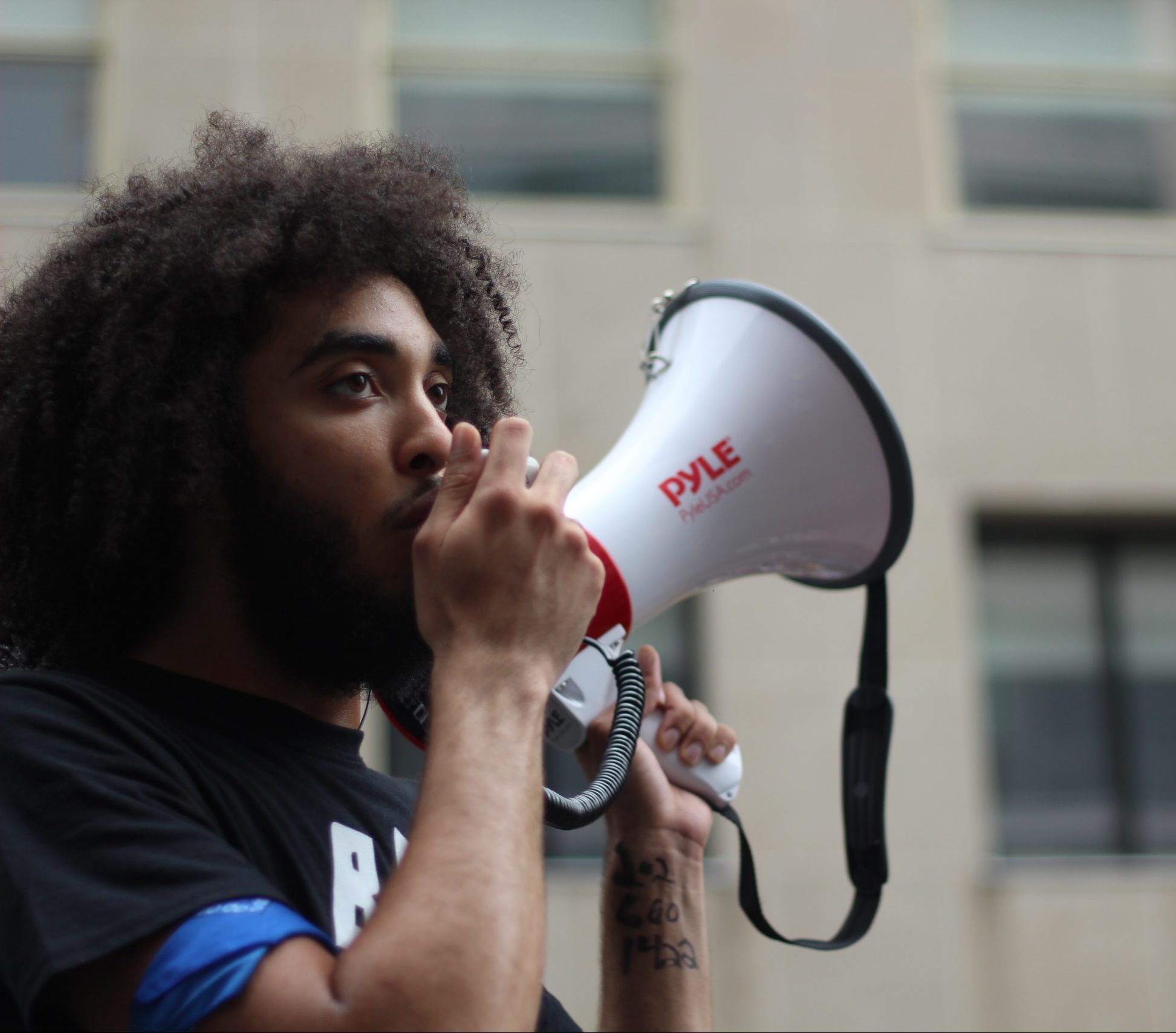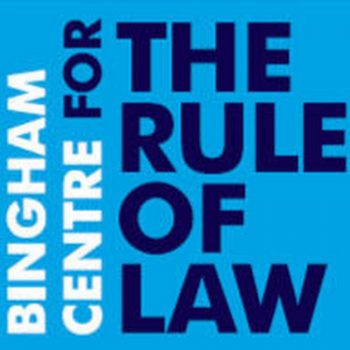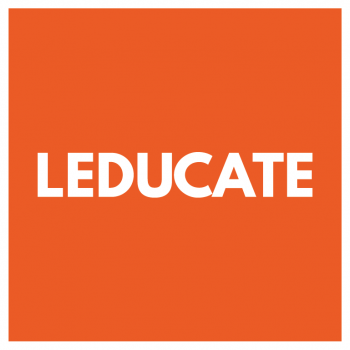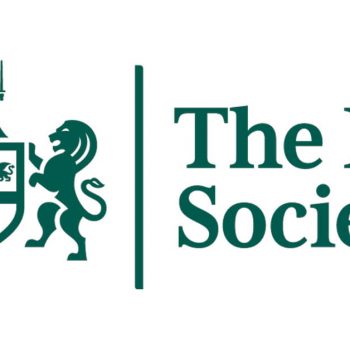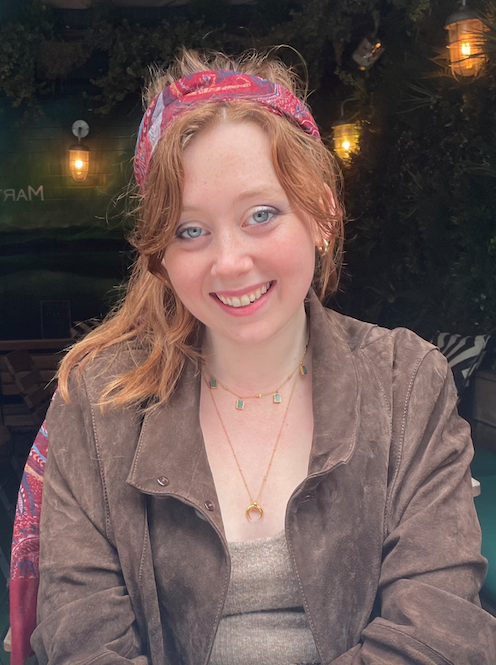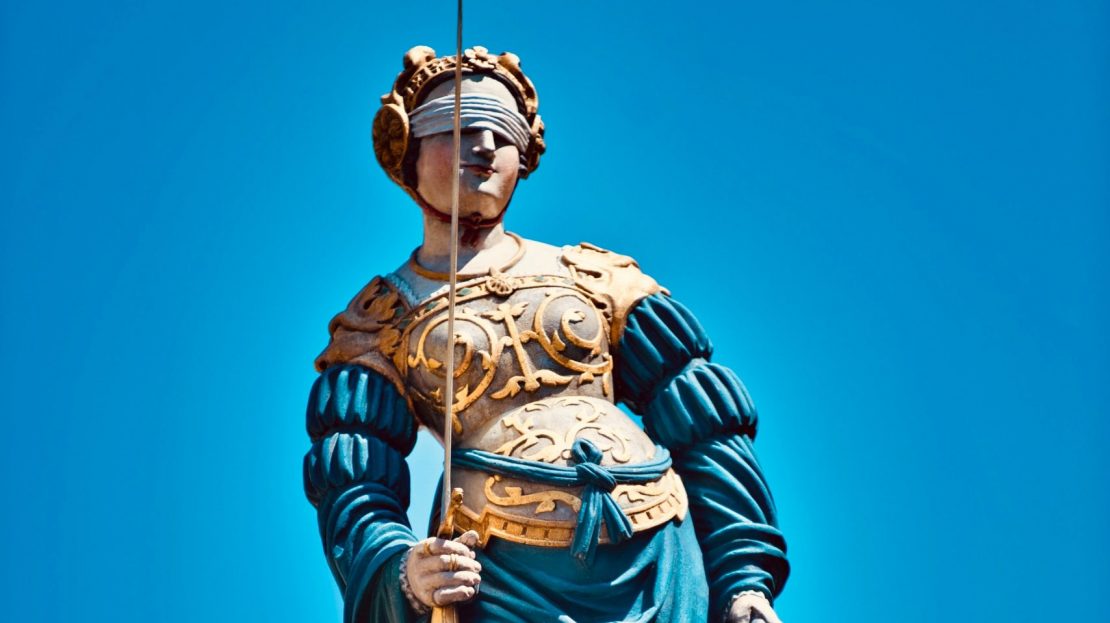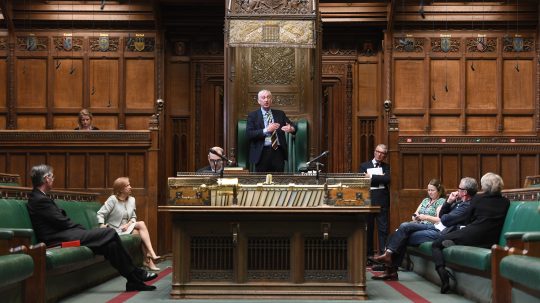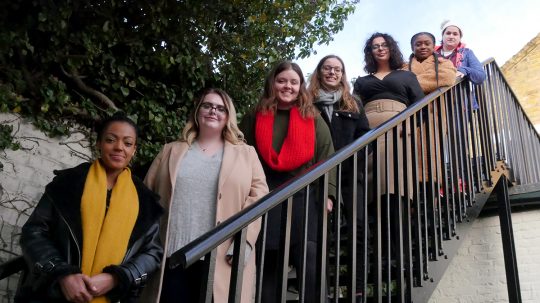‘Human rights’ is a concept which needs substance to have any value. If people do not understand what protections they are entitled to, then those rights are worthless. However, through public legal education and by educating young people about the rule of law, everyone can gain vital knowledge about their human rights.
Public legal education (PLE) is a term used for raising awareness of the law to help the public understand their rights. Public legal education is predominantly about giving power to the people. The main purpose is to give people legal capability, an invaluable asset for everyone, especially young people.
Legal capability is the ability to navigate both legal and non-legal situations that have a power imbalance with confidence. Life is full of interactions between people with varying levels of authority and the skills to navigate those interactions cannot solely be in the hands of an isolated elite. Public legal education focuses on empowering people to be active citizens using the skills embedded in legal capability.
That’s why the project by The Bingham Centre For The Rule Of Law and EachOther is reaching across the divide to help educate people about their rights. Each one of these videos is voiced by a young person to show other young people they are entitled to take up space in these areas.
The importance of knowing our rights
If people do not understand what protections they are entitled to, then those rights are worthless. The Rule Of Law can be a tangible safeguard against unfairness, but for the concept to function, people need to be able to access not only what it means, but how it operates.
Public legal education is dedicated to remedying the gaps in our everyday understanding of what rights we have and how we can use them. These short videos illustrate some of the situations that engage human rights. Being able to identify when your rights are infringed is the first step in learning how rights can protect us.
The universality of human rights
The universality of human rights means that everyone is entitled to rights, no matter who they are or what they have done. A person should be able to have their rights respected without discrimination, which is also a protected characteristic under Article 14 of the Human Rights Act. Under The Rule of Law, (1) no one is above the law as well as and (2) everyone is entitled to the rule of law’s protections. Additionally, those in power are bound by the same laws as everyone else in the UK.
The ability to challenge government action appearing to contravene this principle is dependent on awareness of the rule of law, which is why public legal education is so important. For (2), the universality of human rights means they must be applied equally to everyone. What we witness in our communities may impact how much truth we see in these concepts. For many young people, their rights may not feel universal.
Diversifying voices in political and legal spheres is essential. These principles cannot be taught in a vacuum when many people have already encountered the law in their own lives. Young people with varied backgrounds and experiences should have their voices amplified so that powerful demographics do not monopolise legal education.
Celebrating and amplifying young people’s voices
Representation can show other young people that our views are worthy of respect. The earlier people are encouraged to start paying attention to politics, the earlier they can be empowered to use their voice. Our ability to effectively challenge the status quo requires the rule of law to mirror the vast expansion of executive power.
However, voting is not the only way to participate in a democracy. Social action is a great way young people can increase hold authorities to account. Videos, such as the ones produced by Bingham and EachOther, encourage an interest in politics and pave the way for more active citizens. Political participation taking place via petitions, meeting with MPs or holding discussions are just some of the ways young people can use their voices to raise awareness of things happening in their communities.
What can you do?
Sharing videos and resources like this can help spread the awareness that we are all entitled to protection. The videos you can see on this hub page explain how some people’s rights are breached without them being aware of it. It is not a concept that should be reserved for lawyers and politicians, it is imperative to share this knowledge with as many people as possible to ensure that democracy is functioning effectively.
The quality of social housing, education, and healthcare are all examples of human rights issues that affect people every day. Young people should be equal stakeholder’s in speaking out about issues that affect their communities. Legal capability can help them overcome the barriers they face to political participation. This is especially true of young people who already face barriers based on their race, class, gender or sexuality.
In order to believe everyone is equal under the rule of law, representational inequality must be directly tackled so that communities can restore their faith in the universality of human right
The views expressed in this article are those of the author and do not necessarily reflect the views of EachOther.

